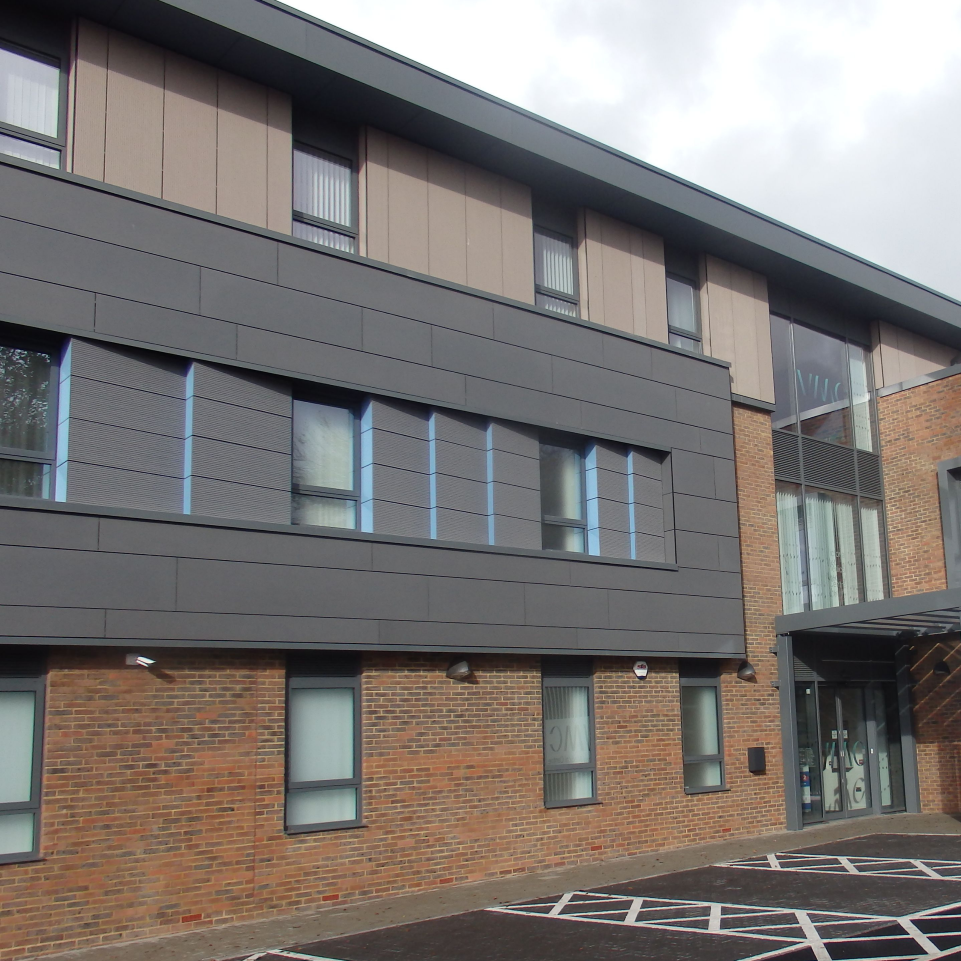
GP Surgery Valuation and Partnership Review: What Every GP Partner Needs to Know
As specialist surveyors in the primary care sector, we are frequently instructed to advise on changes in GP partnerships. Most commonly, this involves providing a GP surgery valuation when a GP partner is joining or leaving a practice. This is particularly relevant when the premises are owned as a partnership asset and therefore form part of the overall GP partnership arrangements.
In other cases, where the surgery premises are leased rather than owned, we are often instructed to advise an incoming GP partner on the lease terms as part of a wider GP partnership review. In both scenarios, early engagement with professional advisers is essential to ensure a smooth transition and accurate reflection of the partnership’s property interests.
For property-owning partnerships, the GP partnership review typically begins with a thorough examination of the existing partnership agreement. These documents usually stipulate the timeframe within which an outgoing GP partner must be bought out and, conversely, the period allowed for a new partner to buy in. It is important to ensure that the agreement includes clear provisions regarding the treatment of premises and sets out how the GP surgery valuation should be approached.
Such clauses will normally refer to ‘market value’ and may also include instructions on the basis of valuation, whether the valuer is to assume continued use as a surgery or consider alternative uses. For instance, if the building was originally a residential property converted to a surgery, it may be appropriate for the valuer to consider reinstatement to residential use. On the other hand, for purpose-built medical centres, a restriction to healthcare use is generally more fitting. Nonetheless, even purpose-built surgeries can become obsolete, and the suitability of the premises for continued use should be assessed critically.
To address these matters, solicitors and surveyors should collaborate to draft appropriate wording in the partnership agreement. Increasingly, agreements specify that the valuer is to consider the current notional rent and its likely continuation. This approach prompts the valuer to assess whether the building remains fit for use by a primary care provider. In conducting the GP surgery valuation, the valuer will evaluate the general quality of the premises, the strength of local demand, the viability of list dispersal, and the likelihood of NHS approval for continued use by another practice.
 In some instances, relocation to a new surgery may be contemplated. However, the development of new premises is rarely quick or straightforward. As such, the valuer may need to assume that the existing premises will continue to provide healthcare for a period (commonly five to ten years) after which redevelopment or alternative use may be more realistic. This leads to a hybrid valuation model, where a period of notional rent is assumed, followed by a residual valuation based on the site’s future potential.
In some instances, relocation to a new surgery may be contemplated. However, the development of new premises is rarely quick or straightforward. As such, the valuer may need to assume that the existing premises will continue to provide healthcare for a period (commonly five to ten years) after which redevelopment or alternative use may be more realistic. This leads to a hybrid valuation model, where a period of notional rent is assumed, followed by a residual valuation based on the site’s future potential.
Another key consideration is whether the premises are assumed to be vacant or subject to a lease. The existence of a lease can significantly affect the GP surgery valuation, often leading to a higher reported value. However, care must be taken to avoid artificially inflated valuations based on hypothetical leasing arrangements. The Royal Institution of Chartered Surveyors has addressed this in its Valuation of Medical Centres Guidance Note, which we strongly recommend all valuers consult before undertaking a GP partnership review. Further information can be provided at www.rics.org.
The impact of rent reviews must also be considered. Notional rents are reviewed triennially, and it is not uncommon for a review to be outstanding at the time of valuation. This does not preclude a valuation being undertaken. Instead, the valuer must take a view on the likely outcome and incorporate any potential uplift into the assessment. This provides greater confidence in the accuracy of the GP surgery valuation, even where a rent review is unresolved.
For practices welcoming a new GP partner, we recommend using a formal new GP partner checklist to ensure all legal, financial, and property considerations are addressed. This checklist should include a review of the partnership agreement, assessment of property arrangements, lease or ownership status, and clarity on how future valuations and contributions are to be handled.
If you would like to discuss a GP partnership review, require a GP surgery valuation, or need support creating a new GP partner checklist, please do get in touch.
Adam Thompson
Director

